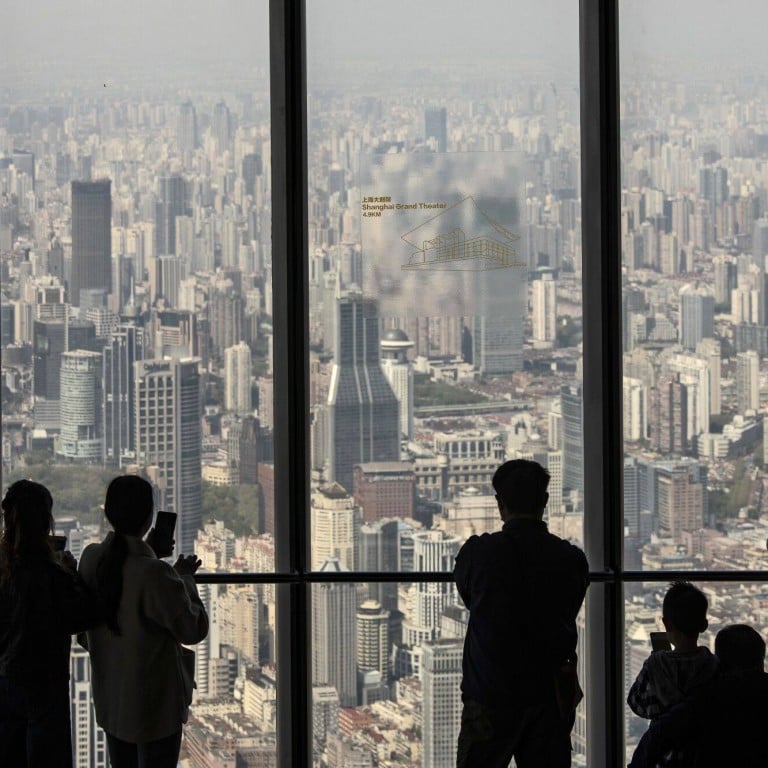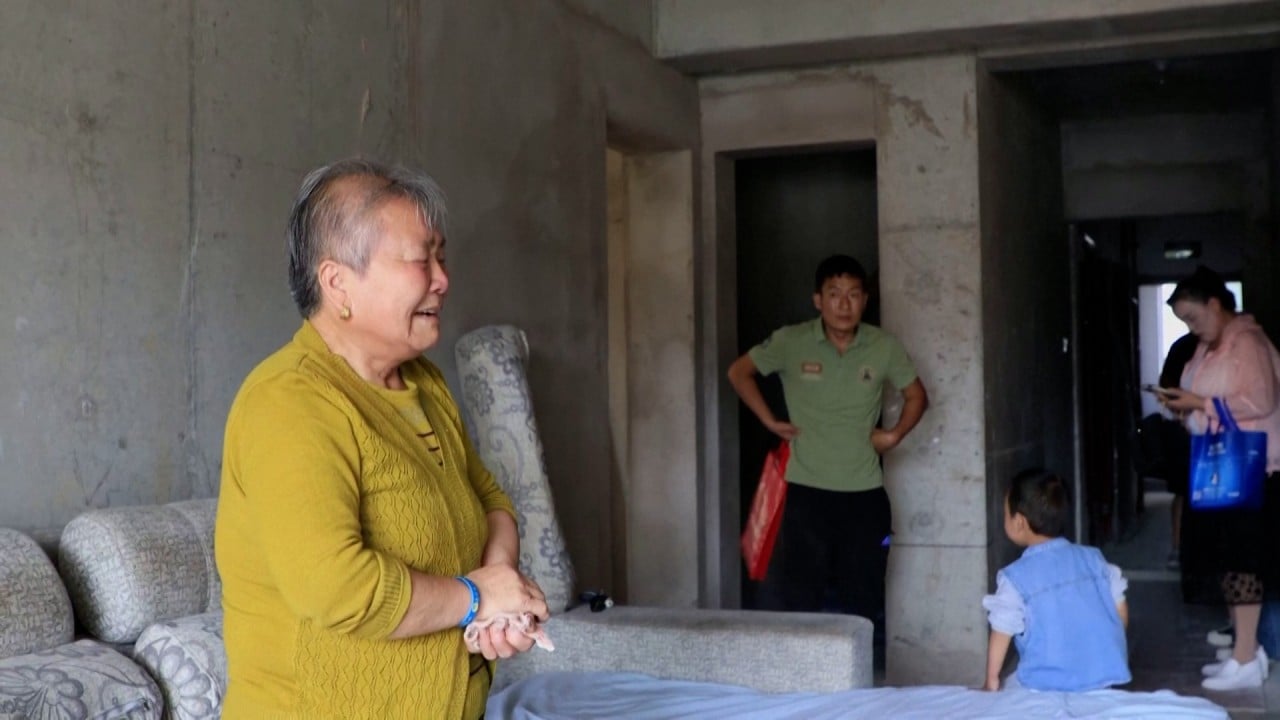
China property: ordinary buyers eye foreclosed homes at heavy discounts as investors retreat from market
- The lifting of zero-Covid rules earlier this year triggered a surge in supply of such properties after delayed lawsuits during pandemic caused a backlog
- Regular home seekers, attracted by bargains stemming from oversupply, are taking over from investors to become the leading buyers of foreclosed houses
Huang was happy to pay 3.6 million yuan (US$500,000) for the 100-square-metre house in December, as this was much cheaper than the average 5 million yuan price tag for a property of the same size in a nearby neighbourhood.
Huang is one of a growing number of ordinary homebuyers – individuals or families looking to occupy their house rather than own it as an investor – in mainland China taking an interest in properties that have been repossessed by banks.
Foreclosed homes – properties that have been recalled by lenders and resold to the public after their owners failed to repay loans – usually sell for below market value. Discounts on a foreclosed property can be as large as 20 per cent to 30 per cent on occasion, according to market data.
The lifting of the mainland’s zero-Covid rules earlier this year triggered a surge in the supply of such properties after delayed lawsuits during the three years of the pandemic caused a backlog.
As the supply has soared, the prices have been plunging. In tier-one cities like Beijing, the average selling price of a foreclosed home was 52,600 yuan per square metre in November, down 3.13 per cent compared with the previous month and 10.39 per cent from a year ago.
The discounts were as much as 16.24 per cent versus regular (non-foreclosed) lived-in homes, which went for 62,800 yuan per sq m on average, Hanhai’s data showed.
Hong Kong home prices slump to lowest in 7 years as outlook remains bleak
Two years ago, investors dominated the market as there were no purchasing restrictions on such properties. Buyers of foreclosed homes were not required to have a hukou – a household registration document based on birth – in Shanghai previously.
Since that requirement was imposed in January of 2022, forcing many investors out of the market, some previously hesitant individual buyers decided the time was right to make their purchase.
“We can see one trend is that more regular homebuyers rather than investors, are coming to buy,” said Liu Huanhuan, a general manager with Huapai Auction in Shanghai, a firm specialising in distressed assets, particularly in the Yangtze River Delta region.
Apart from the imposition of the hukou restrictions, many investors have fled the market because of the longer reselling period generally required for repossessed homes and the uncertain profitability that comes with an overall downturn in the housing market, Liu said.
Investors have seen a contraction in their returns as China’s housing market has stuttered, according to Ma Hengheng, a professional working in the foreclosed property market.
In the past, investors generally accounted for 70 per cent of transactions in the segment, he said. But now, homebuyers wishing to actually live in their property take up 80 per cent of the overall foreclosed home market.
According to a conservative estimate by Huapai’s Liu,ordinary buyers currently account for about 60 per cent of all the foreclosed homebuyers in tier-one cities, and around 40 per cent in lower-tier cities.
“Investors dare not buy now,” said Ma. “The whole transaction period is longer in a slowing market. One possibility is they may find market prices are lower next year after buying this year … and the costs may be higher than what they can earn.
“I used to buy foreclosed homes as a way of profit-taking, which earned me several hundred thousand yuan every time.
“But now I’m afraid of purchasing them [as an investment], because you never know if home prices will continue to fall. Reselling will be harder.”


